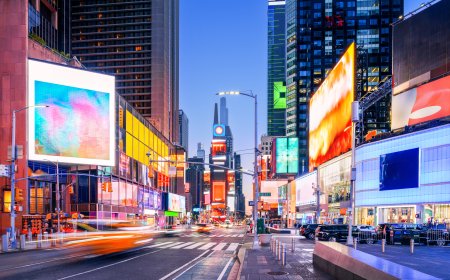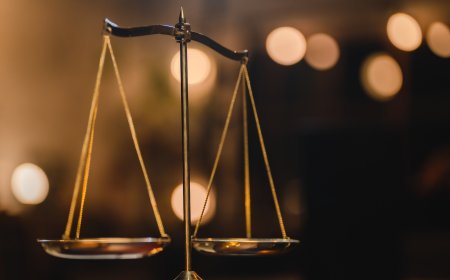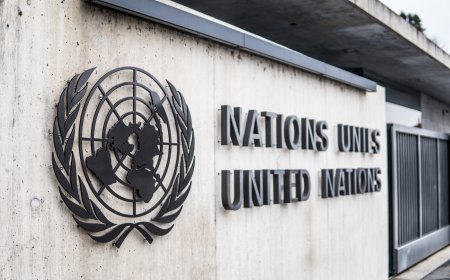Sheikhdown
A personal reflection on the cult of personality that underpinned the Hasina regime

So it has finally happened. Hasina is gone.
It’s not clear what may come next. Who will be in the interim government — the term used by General Waker-uz-Zaman. Nor is it clear what role he, or the army, would play — the general repeatedly used the first person singular: I have been given the responsibility, pleace have confidence on me and so forth. While there is celebration across the country, there is also anarchy. Most worryingly, there are reports of attacks against Hindu houses and neighbourhoods. These may well be done by Awami League remnants as a scorched earth tactics, but Hasina is gone and it’s now the responsibility of the interim powers-that-be, whoever they may be.
All that without even thinking about the economy, which must be reeling from the last few weeks of disruptions. Again, what the interim powers-that-be do in the first few days will make a huge difference.
Regardless, today is a day of celebration.
Nonetheless, it maybe the lack of sleep in the past few weeks, or perhaps the post-euphoric drop in energy (memorably put as শীর্ষ অনুভূতির পরে শূন্যতার বোধ in the Ayub Bachchu song), but I am in a reflective mood. And I am going to write some personal stuff.
Indulge me, there will be other times for analysis.
I had left Bangladesh with family in 1988 — you don’t have much choice when you’re in Class 8. I didn’t visit the country for most of the 1990s, leaving shortly after the 1991 cyclone, returning in the last weeks of the millenium. I made up for the lost time by travelling extensively in Dhaka and beyond. Had the technology existed, I might have been the OG Bangladeshi travel youtuber!
I visited the house in Dhanmondi Road 32 one wintry morning. Even though Sheikh Hasina was the prime minister, things were very different in 1999. The stuccato style house in Dhanmondi didn’t have any of the pomp and ceremony one came to see in the last decade. It was just another old house in that still leafy suburb. There were still quite a few such houses left, the only thing distinguishing this one being perhaps a few uniformed guards in front.
Walking around that house, seeing the furniture, wash basins, staircases and light switch, one wouldn’t have known there was anything special about it — just another Dhanmondi house, one might have thought, until you saw the bullet holes.
A few months ago, at a soire with some cultural folks in London, I met a Pakistani dissident poet and realised that she was a good friend of a famous Bangladeshi poet who happened to be a childhood friend of my mother’s. “How is it that your politics is so different from apa’s”? She asked. I replied, “Do you mean, how is khala’s politics with respect to Bangladesh so different from her views about everything else?”
I had wondered many times in the past decade about why so many otherwise liberal, progressive, urbane, cultured Bangladeshis of my parent’s generation stayed loyal to the Hasina regime (or refused to condemn it even in private) when they could clearly see that hers was the most brutal anti-democratic government in our history (barring perhaps the Pakistani occupation during the war) and the most corrupt inequitable one since perhaps Clive’s time.
I had wondered whether it had something to do with the fact that in their youth, when Sheikh Mujibur Rahman and his family was massacred in that house in another August four decades ago, these folks cheered, if they did anything. A collective generational guilt, if you like.
[Originally published on August 5, 2024]
What's Your Reaction?














































































